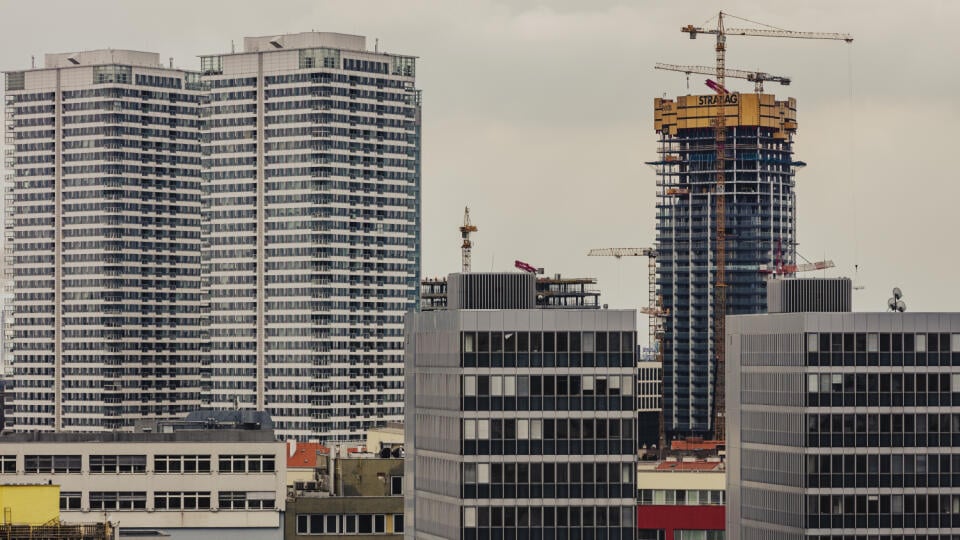The National Criminal Agency (NAKA) has detained former Minister of the Interior Robert Kaliňák under the accusations of founding a criminal group. Member of Parliament Robert Fico has been accused of the same crime, but his detention is conditioned by the approval of the Parliament. Both men are likewise accused of endangering tax secrecy. NAKA stated that they want both politicians to be taken into custody.
Prime Minister Eduard Heger believes that the accusations are substantiated by evidence. Minister of Defence Jaroslav Naď from OĽANO said he expected his party to support the detention or custody of the former Prime Minister. On the other hand, Fico believes the accusations are a form of political revenge and an attempt to destroy the leader of the strongest opposition party.
David Lindtner, the defendants’ lawyer, echoed Fico’s accusation of a political attack. He wants the General Prosecutor to oversee the case.
The government’s plan for fighting inflation
The coalition is once again in the process of negotiating an inflation-relief package. Minister of Finance Igora Matovič has criticised the SaS party for obstructing his plans. Without the party, the government won’t be able to pass any systemic changes in the Parliament.
SaS supports quick and effective compensation for vulnerable groups, which would amount to 133m euros and would be covered by the expected budget surplus. However, the party draws the line at raising taxes.
Actually, Slovakia has never been better at the collection of value-added tax (VAT). The gap between what the state theoretically could have collected and what it actually collected has shrunk to 12.1% since last year, bringing in extra 360m euros, according to Matovič.
President Zuzana Čaputová has stressed that it is high time the government presented a solution to the rising prices. One good way, according to her, would be the implementation of a housing benefit, which would help low-income groups affected the most by the more than 10% year-on-year inflation.
The government announced they plan to spend almost 1.3b euros to help people deal with inflation. This year, they expect to spend 260m euros on one-off measures as well as systemic changes.
Matovič announced that the money would come from tax increases for the top 100 extremely wealthy companies, while it should not affect VAT or income tax.
Interest rates are rising, banks report record profits
For the third time this year, the biggest Slovak bank, Slovenská sporiteľňa, has raised interest rates for mortgages. At the same time, the bank ended the year 2021 with a profit of more than 228m euros, more than doubling its profit from the year before.
The bank says it has to raise interest rates according to interbank rates, which are reacting to global inflation trends. That means banks pay more for their own loans and they transfer the increased costs to the clients.
One banking sector that is less profitable recently is consumer credit. It appears that due to the pandemic, lower interest rates for mortgages, the regulation of credit, and high interest rates on consumer credit, Slovaks want to borrow less and less.
Other stories of the week
- Marian Kotleba has definitely lost his mandate, leaving his club ĽSNS with just seven members, not enough to qualify as a club. Former members of the club are now independent.
- Milan Mazurek, the ex-member of ĽSNS and now an MP active in the non-parliamentary movement Republic, has been ordered by the court to delete his social media posts in which he criticised infectologist Peter Sabaka in connection with COVID-19. He doesn’t have to pay him 20,000 euros nor apologise to him.
- A 200m euro investment from Porsche is heading to Slovakia. This branch of the German carmaker will produce lithium-ion batteries for new models of electric cars.
- The trade union representing workers at the Jaguar Land Rover factory in Nitra is planning to enter collective negotiations with the employers over better working conditions and higher pay.
- The last year’s census has revealed the Catholic Church has lost more than 300,000 members. The number of non-religious people has increased from 725,000 in 2011 to 1,3 million.
Thank you for reading.
See you next week.






